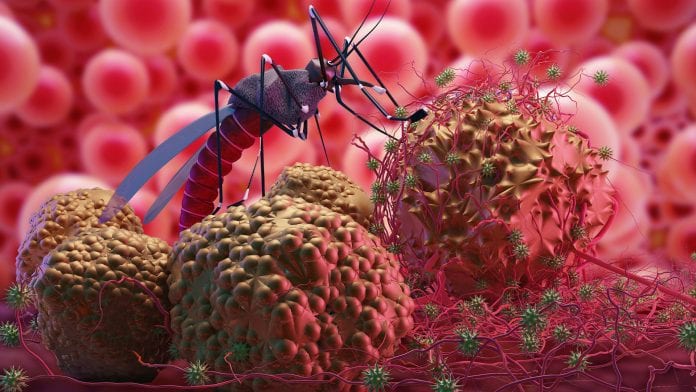The Yobe State government says there will be no gap in its fight against malaria, as the support to National Malaria Programme Phase II (SuNMaP2) came to an end in the state.
Dr Lawan Gana, the Commissioner for Health and Human Services, made this known on Thursday at the ‘Close out dissemination meeting’ of SuNMaP2 in Damaturu.
- Plateau crisis: CAN, JNI leaders warn against reprisal in Nasarawa
- S/West victims of kidnapping paid N3bn ransom in 2yrs – Gani Adams
Represented by Dr Musa Baba, the commissioner said the aim of the meeting was to review the successes and challenges of the programme and to strengthen the state government’s programme sustainability plans.
He explained that the state government, in conjunction with the Malaria Consortium, commenced the implementation of the SuNMaP2 programme on 19 June 2019, in the state.
Gana added that though the partnership was for five years, it ended abruptly due to COVID-19 and its effects of dwindling funds.
He said the benefits derived from the partnership so far include support in commodity supply, human capacity building and institutional cleaning, among others.
While commending SuNMaP2, the commissioner added that the partnership had been wonderful as it positively impacted the lives of the citizens of the state.
Dr Babagana Machina, the Executive Secretary, Yobe State Primary Healthcare Management Agency, said that the state government would continue with its existing institutional framework, which attracted the partnership.
“Already, the state has its own plans. So, as these partners are leaving, we will leverage other governmental and partners’ resources to fill in the gap created by their exit.”
In his remarks, Alhaji Maina Kagu, the Programme Manager on malaria, highlighted some of the achievements of the programme.
He said the programme had strengthened the government’s stewardship at the national level, increased sustainable availability of antimalarial commodities, provided efficient and equitable malaria prevention and treatment services delivery.
In addition, he said it also provided better-informed citizens and institutions, as well as an evidence-based learning environment. (NAN)

 Join Daily Trust WhatsApp Community For Quick Access To News and Happenings Around You.
Join Daily Trust WhatsApp Community For Quick Access To News and Happenings Around You.

